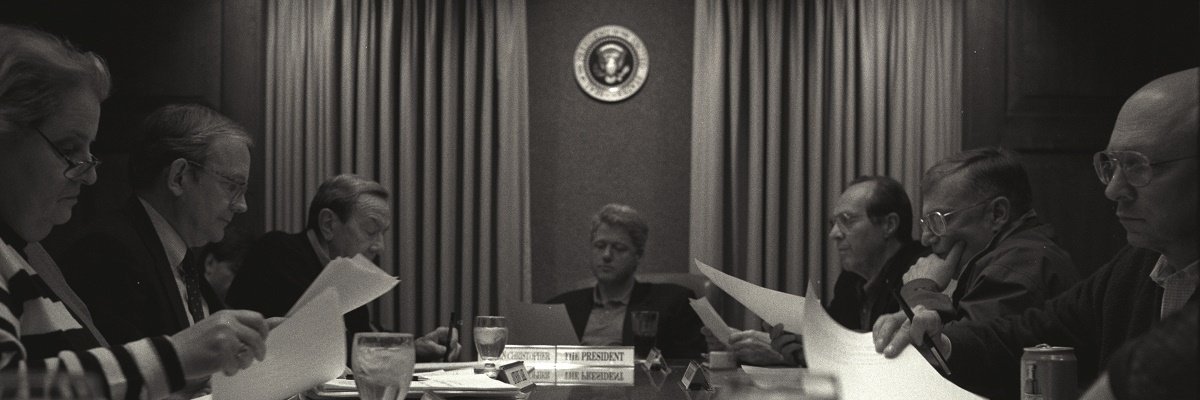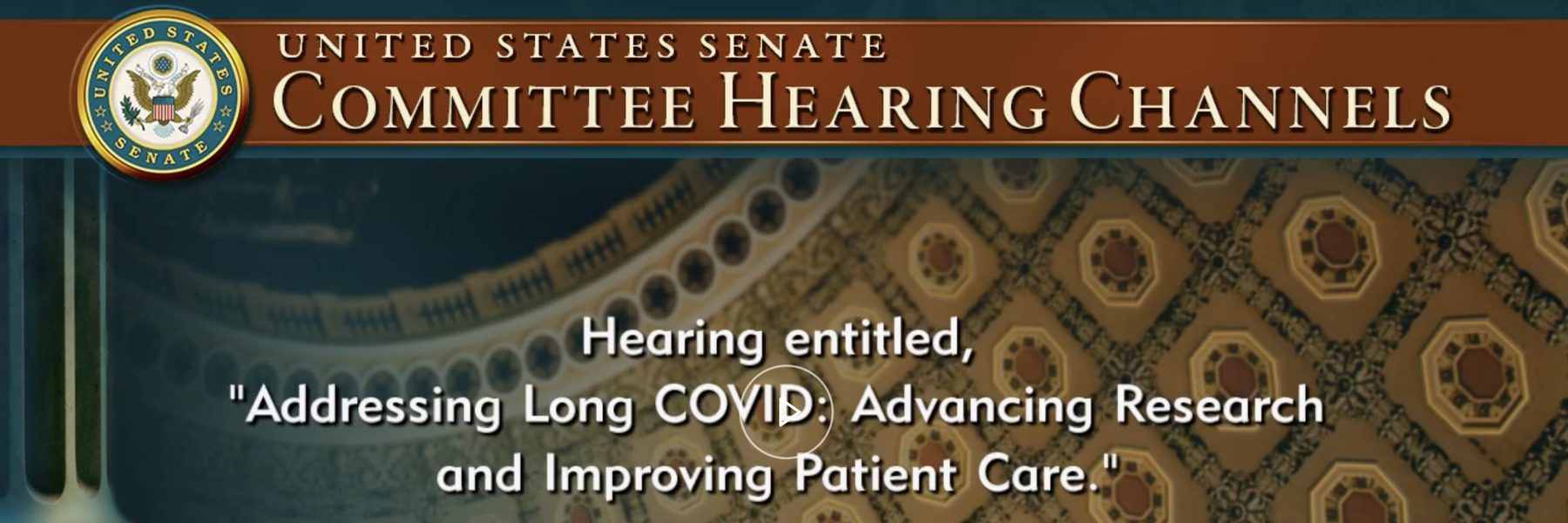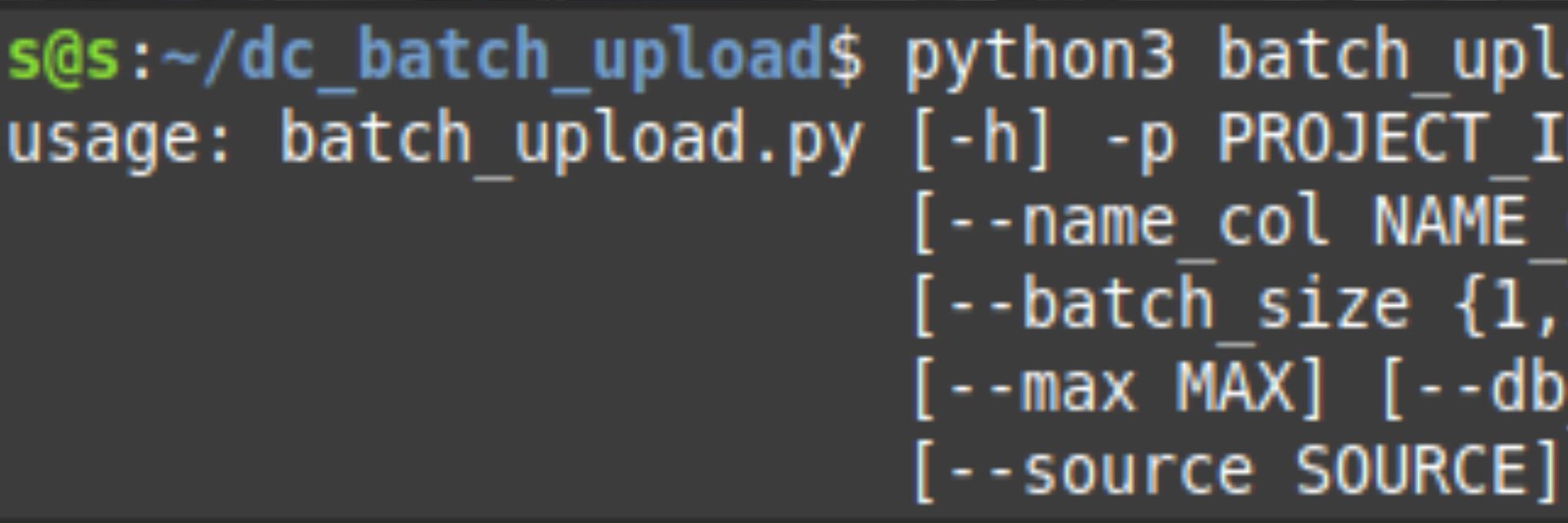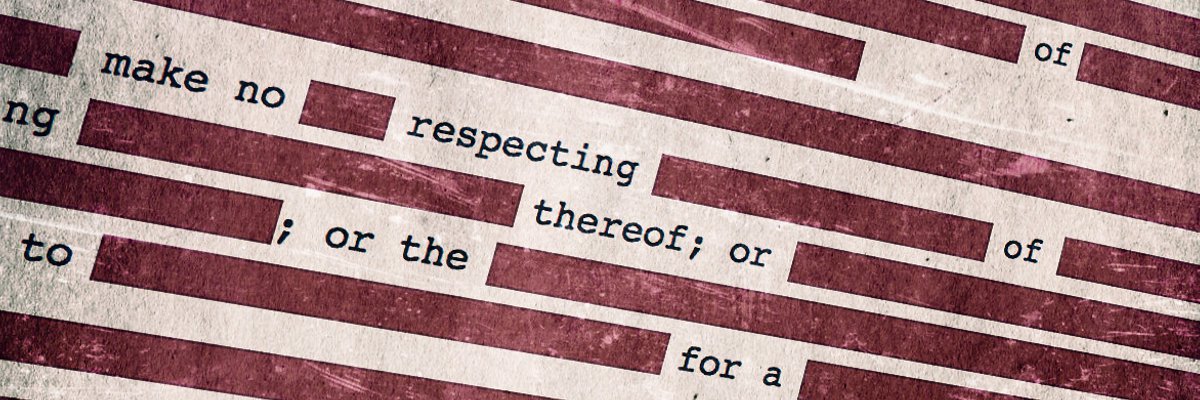In 1994, CIA’s Director of Congressional Affairs wrote a memo to the Director of Central Intelligence (DCI) seeking, and receiving, affirmation of the Agency’s policy for dealing with the Government Accountability Office (GAO). The memo not only spelled out the Agency’s “hard line approach” to the GAO, it made explicit the Agency’s intention to not to answer inquiries from the GAO that involve “so called “oversight” information.”

The nine-page memo was the result of coordination with NSA, DIA, CIA, NRO, and the DOD. The Agency had also consulted with the Vice President’s office, confirming with his staffers that they would not object to the Agency’s policies on handling the GAO. Both the Vice President’s staff and the staff of DOD et al appear to have already agreed with the Agency’s proposed approach and policy which would result not only in less GAO access to CIA, but to other members of the Intelligence Community (IC) as well.
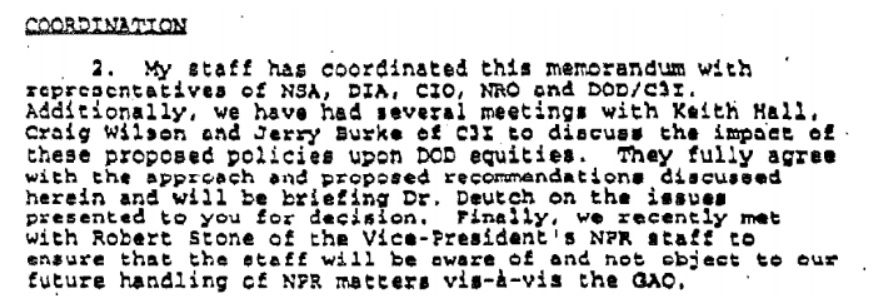
While attempting to review activities outside of CIA, the GAO sought access to materials “under CIA cognizance.” As the Agency had a long history of not cooperating with the GAO and the materials were already in the hands of the DOD, the GAO tried to get the information from them. The DOD declined, insisting that the GAO get the information from the Congressional staffs or via the DCI. As a result, the DOD felt that the GAO was “engaged in a concerted effort - indeed a ‘fishing expedition’ to increase their institutional access to Intelligence Community information.” The Agency’s Director of Congressional Affairs not only agreed with this assessment, but recommended that the Agency “resist further GAO incursions into the way we do business.”

CIA was also alarmed that GAO representatives had “met with key Committee staffers” to make the case for granting GAO access. Some of these staffers had subsequently considered (but ultimately abandoned) attempting to expand GAO’s access through the Defense Authorization Act. In light of this and GAO’s potential meetings “trying to persuade other senior officials” of the need for GAO access, the Agency’s Director of Congressional Affairs felt the DCI needed to affirm the Agency’s policies and “inform interested parties.”
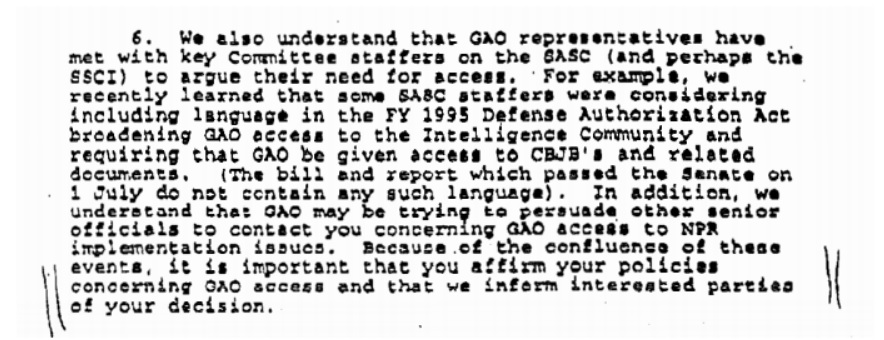
As explained in the memo, the Agency’s policy for dealing with the GAO was to share some of the Agency’s conclusions on matters, but to “decline to answer inquiries that involve so called “oversight” information.” The GAO had no authority to compel the CIA’s cooperation and were not happy with the result. Nevertheless, the Agency felt that the “policy works quite well in practice” and that the GAO would be grateful for whatever information the Agency deigned to share.
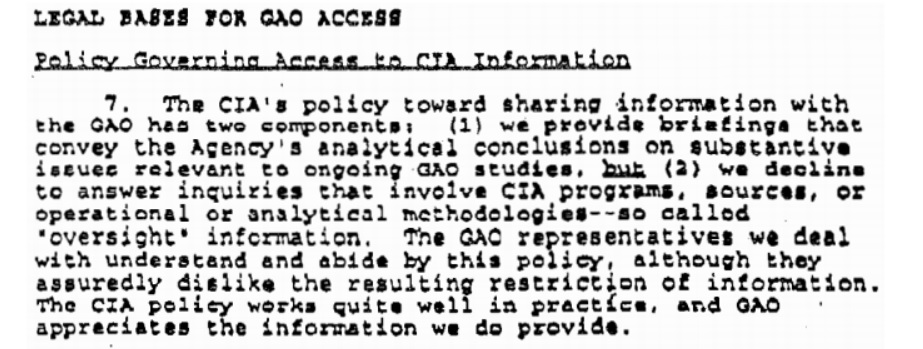
The Agency then lays out the case that they are categorically exempt from being compelled to comply with the GAO and that the GAO “may not issue a subpoena or take civil action to obtain records” from the CIA. The statute exempted any records that relate to activities which the President designates as foreign intelligence or counterintelligence activities. The Agency argued that “by definition the Agency’s activities fall within the ambit of this provision,” which allowed the CIA to “deny GAO oversight type information.”
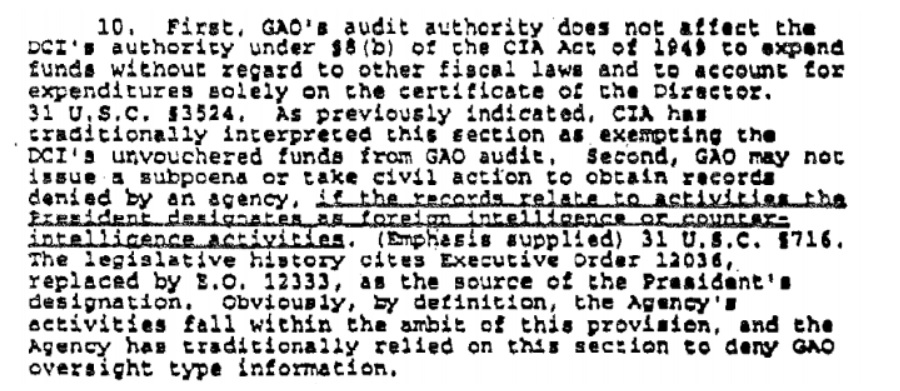
The Agency is likely correct in that assertion, as Executive Order 12333 defines intelligence activities in such a way that it includes any activities that support the CIA’s mission. The memo proceeded to point out that since Iran-Contra, the DOJ had essentially authorized the IC to cut GAO out of the loop and that anything else would be “degrading the Congressional intent” of the Intelligence Oversight Act.
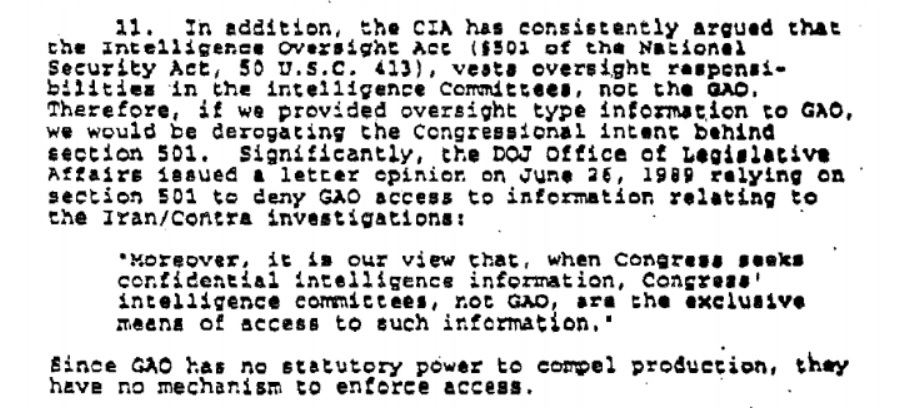
The CIA did note that they seemed to be the only agency that categorically denied GAO access. The Department of Defense had issued a Directive that allowed the head of a DOD component to deny access, but cautioned that it shouldn’t be categorically denied. Portions of the DOD’s language would be recycled in an ODNI Intelligence Community Directive issued nearly twenty years later.
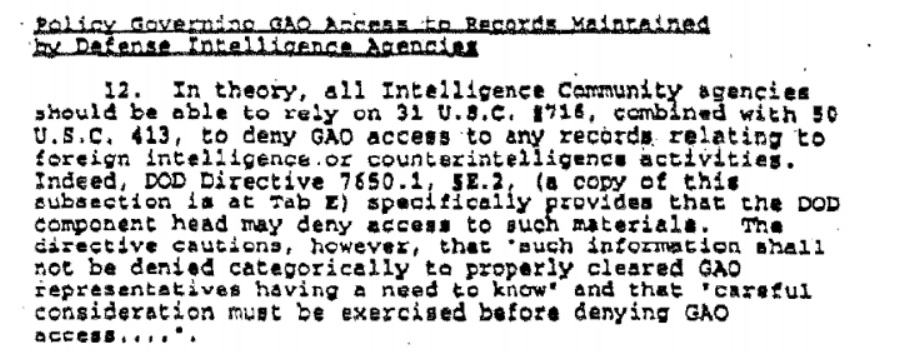
Read Part 2 here
Like Emma Best’s work? Support her on Patreon.
Image via CIA’s Flickr
